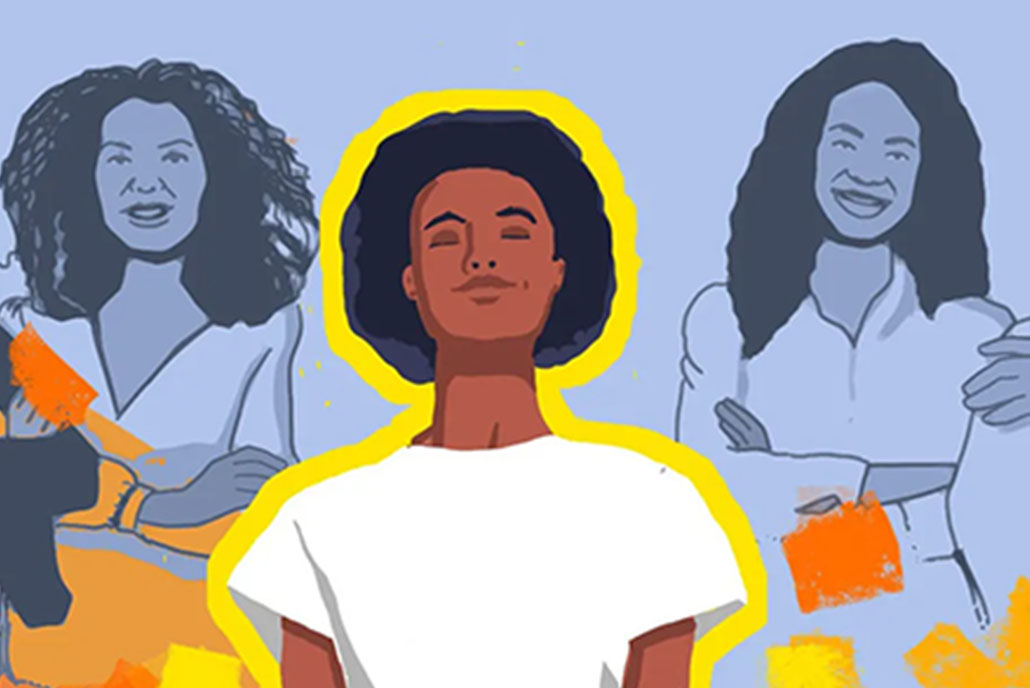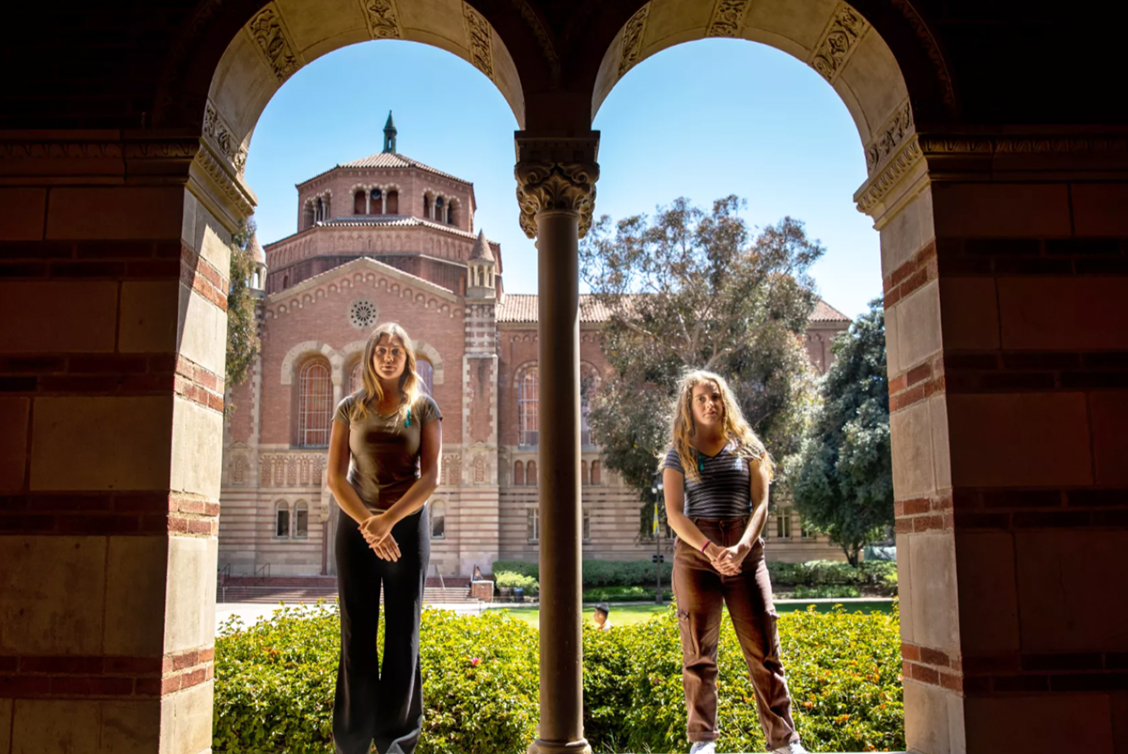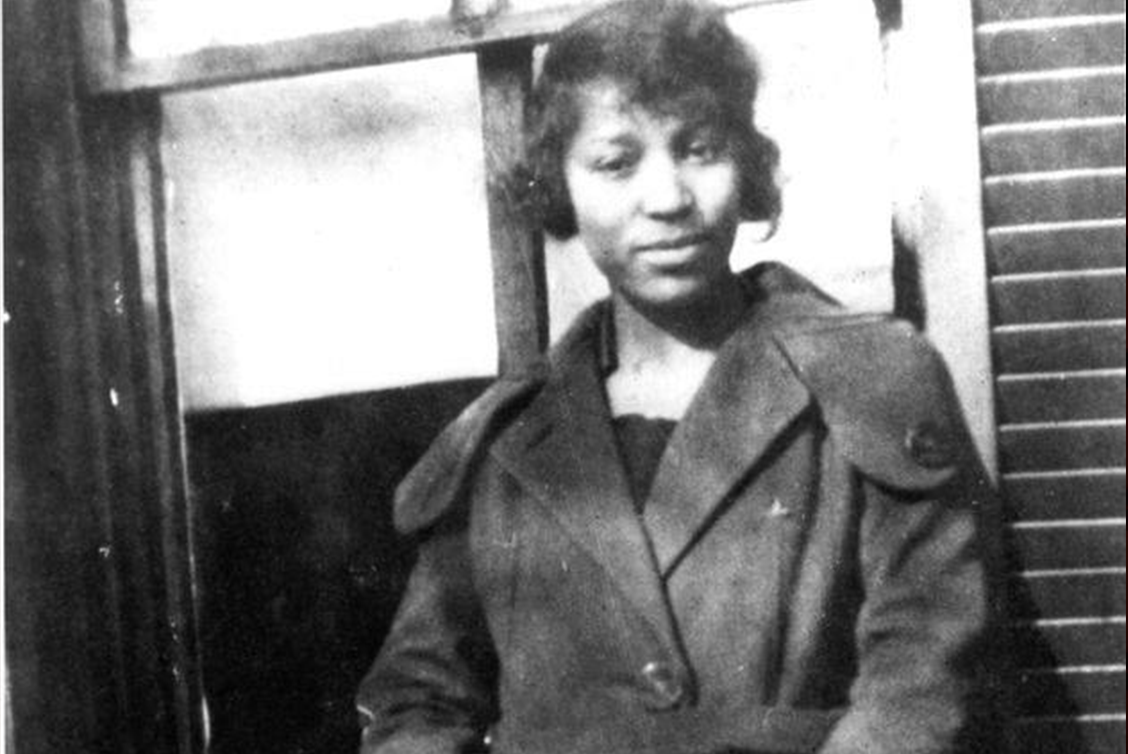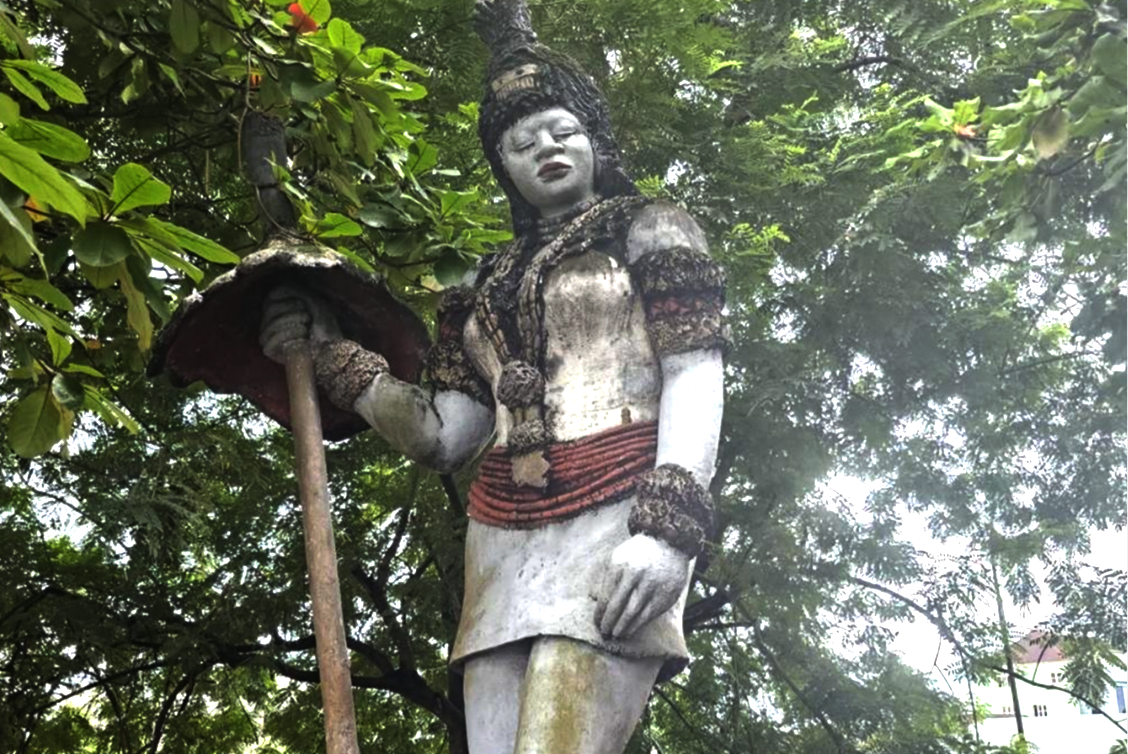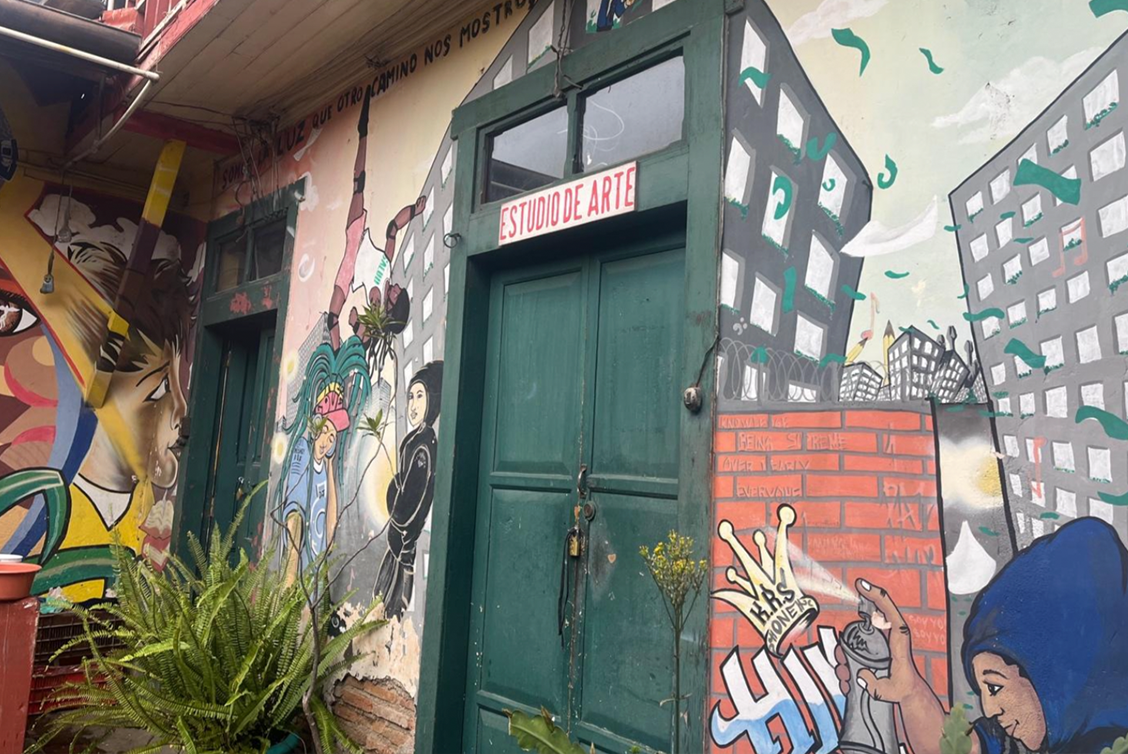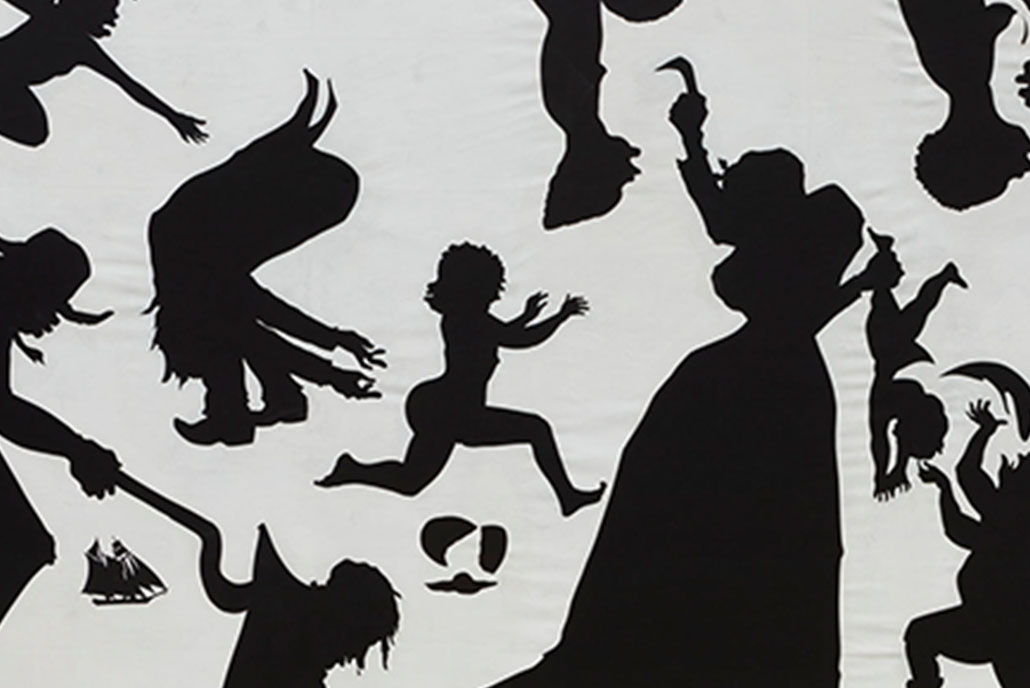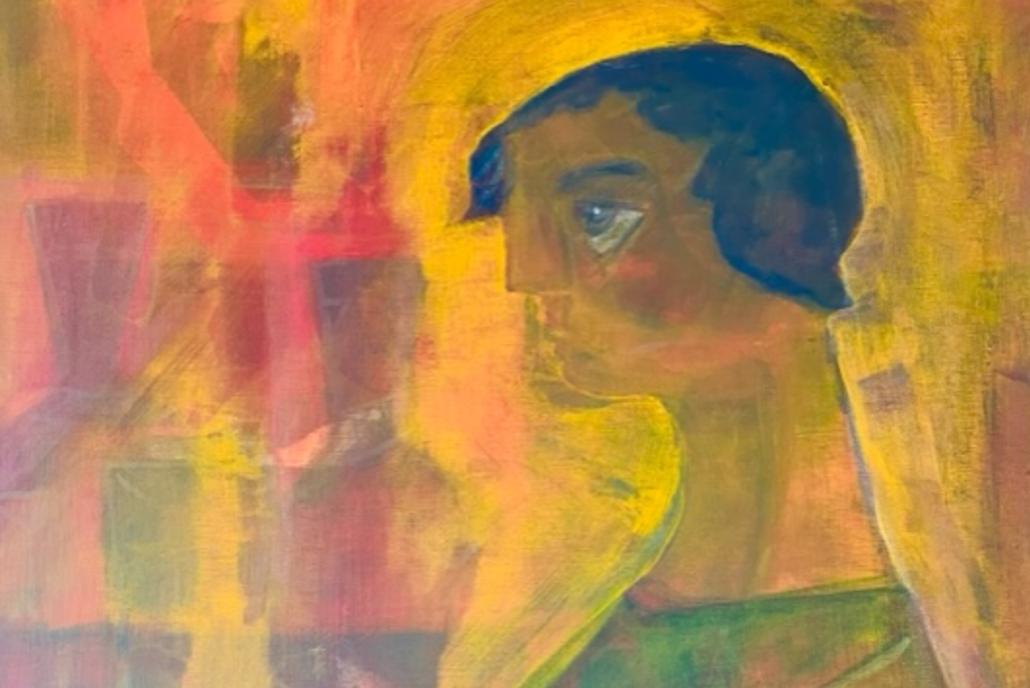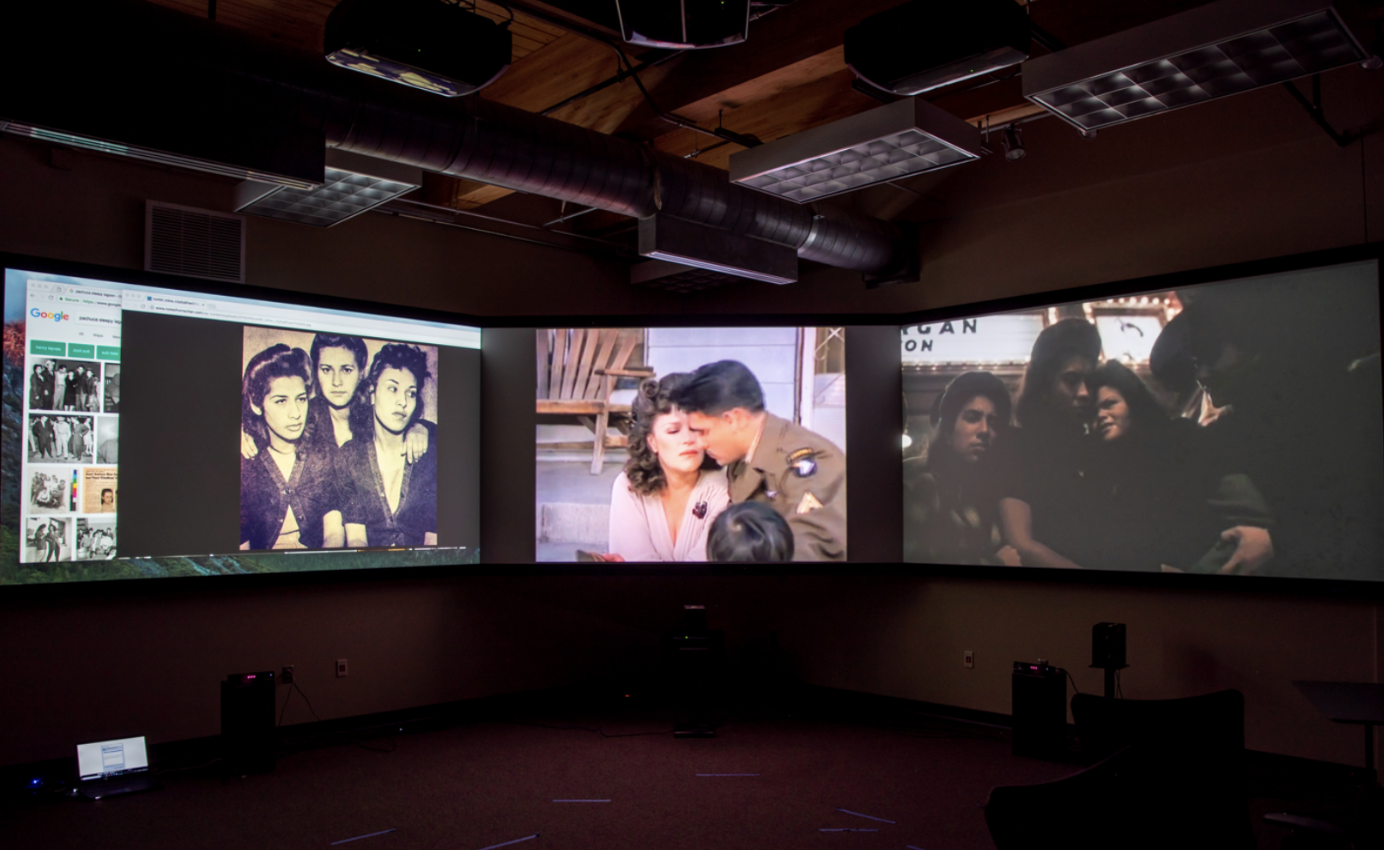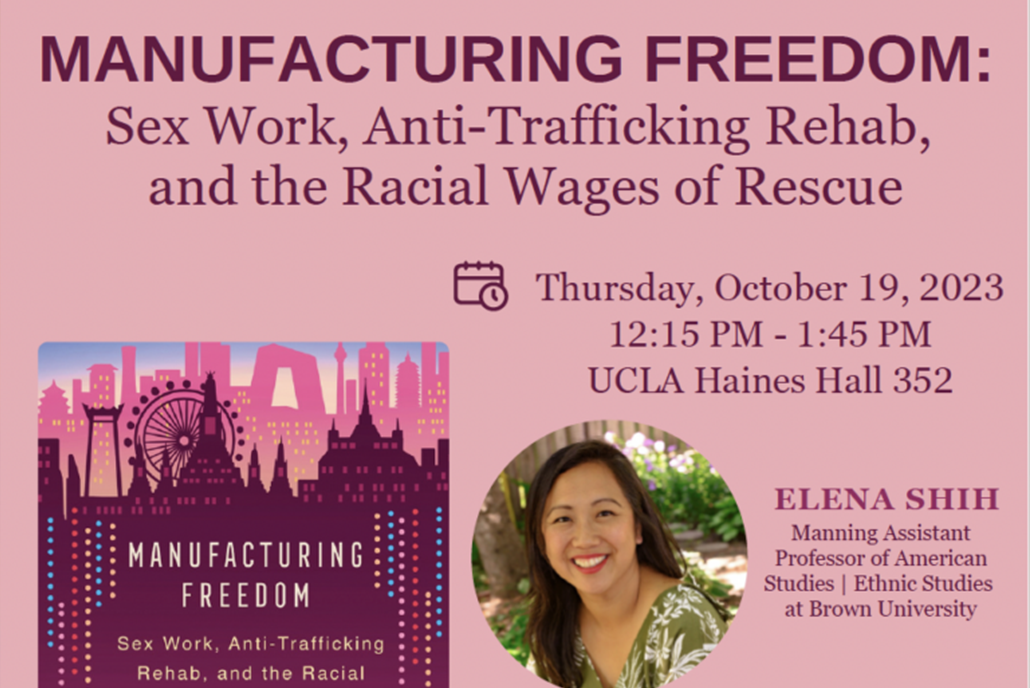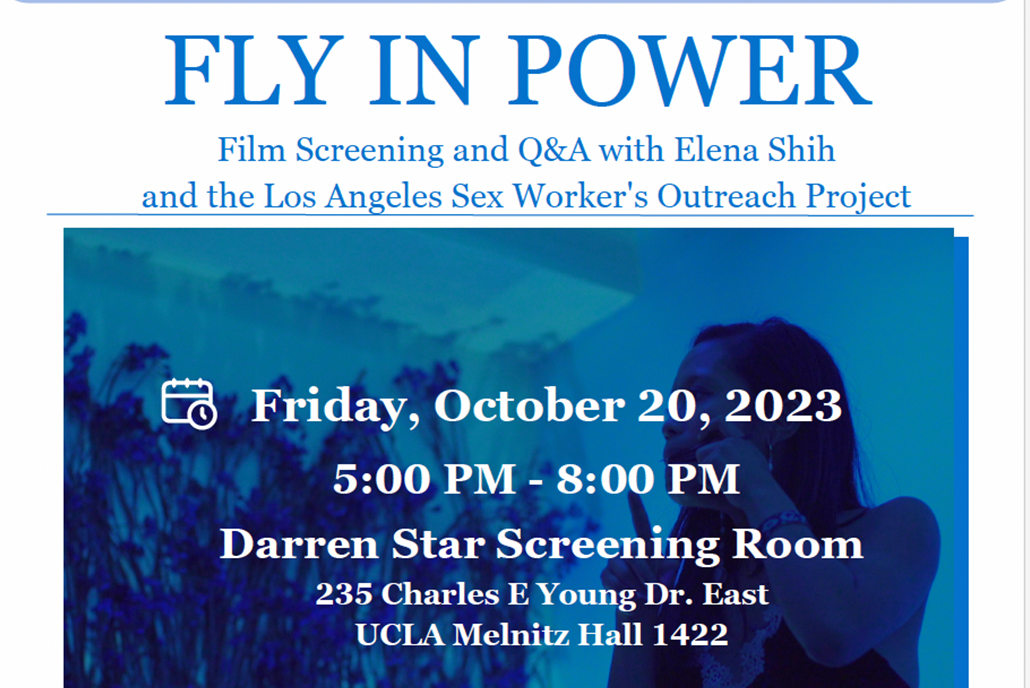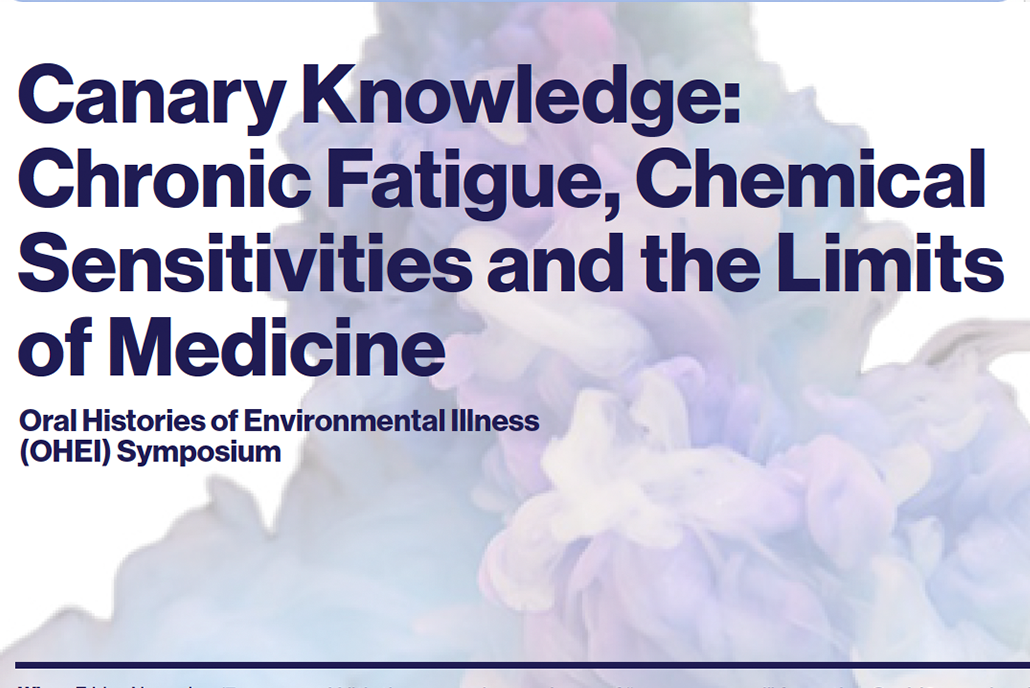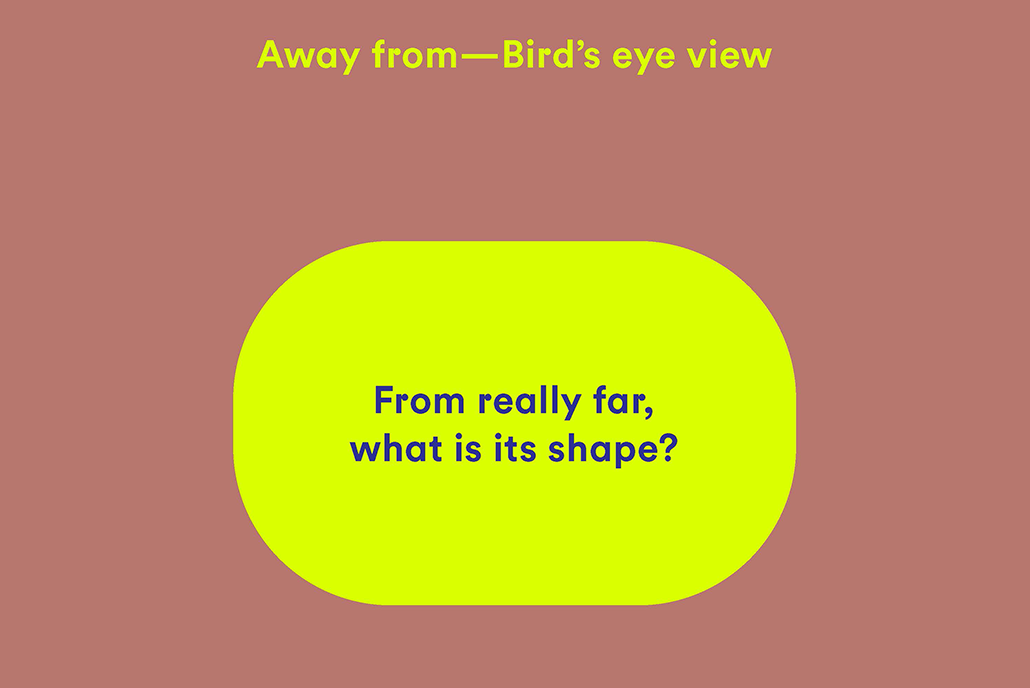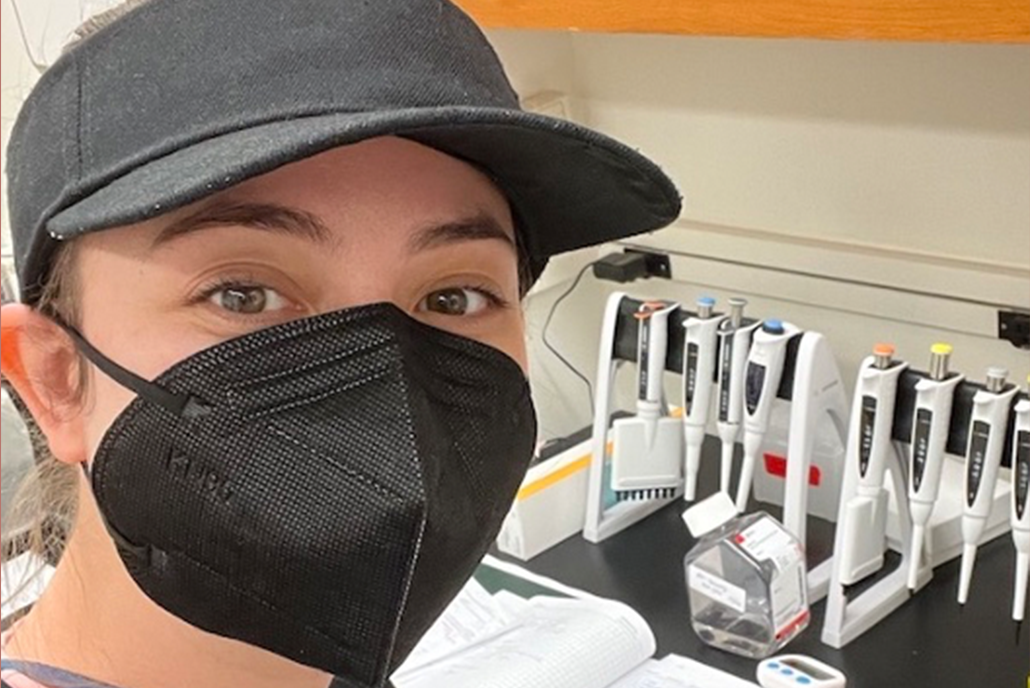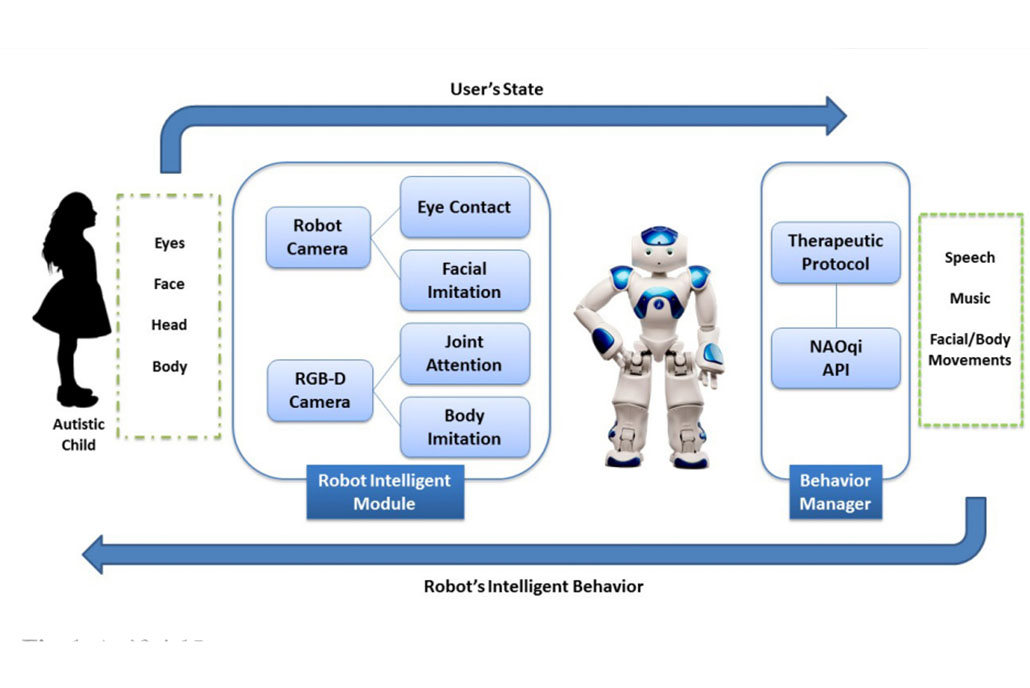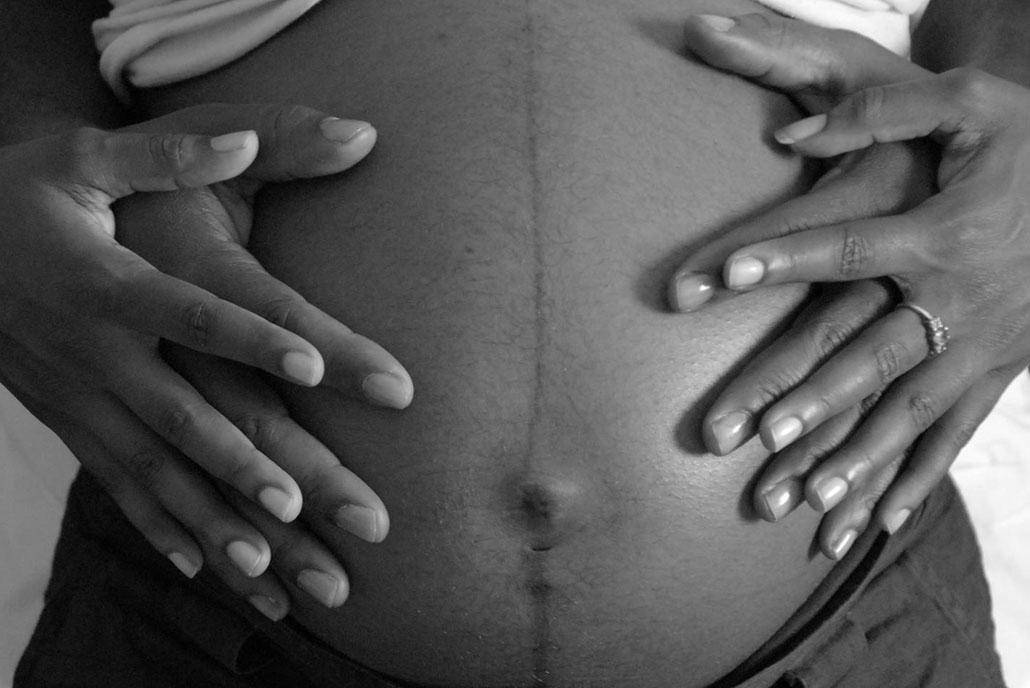Each year the UCLA Center for the Study of Women|Streisand Center funds research dedicated to finding solutions to the most vital social issues facing people of all genders. We fund faculty and student research , as well as events, programming, and publications that distribute their work to a wider audience.
This research advances our understanding of the resources that contribute to distinct health patterns among Black women. Since psychosocial resources are modifiable attributes of individuals, pinpointing the resources that are most effective for improving health provides an opportunity to inform critically-needed, culturally-tailored health promotion efforts for this population.
The objective of the current is to explore the extent to which UCLA victim-survivors access relevant resources, their experiences in navigating and receiving care, and the role of institutional policies and practices in shaping their experiences.
In recent years, North American ethnomusicologists have been calling for a reassessment of African-American writer Zora Neale Hurston’s role as a pioneer in the development of their discipline. This research aims to raise consciousness about traditions of black excellence in music education that continue to be ignored in white spaces, and about the experiences of black domestic workers as students in the settler colonial school system of the post reconstruction era in the United States.
“Who Wants to Be Fat Again?: Molding a Desirable Body in Nigeria”
This research seeks to situate older and newer Nigerian body ideals and modifying practices within the constellation of aesthetics, health, technology, and cultural influences locally, regionally, continentally, diasporically, and more generally. Nigeria is experiencing a shift in what constitutes the ideal body size, shape, and the best means for attaining such a body.
“WaSH and REC for Black and Latina Mothers and Children in South Los Angeles”
How intersectional identities (race/class/gender) interact with local contexts–including community institutions, cultural territories, and street violence–to influence access to WaSH and REC. This project researches outside the global south on the burdens that mothers shoulder to obtain WaSH and REC for their families.
“Return of the Maya: Conceptualizing Diaspora through the Experiences of Return”
A project collaboration with DESGUA (Desarollo Sostenible para Guatemala) an organization founded and led by Mayas impacted by migration. DESGUA defines itself as a neighborhood association that establishes routes to economic sustainability and educational opportunity to combat the root causes of migration.
“Sexism as a ‘Gateway Drug’ into White Supremacist Movements”
White nationalist movements, deeply rooted in racism and nationalism, often express themselves through violent actions and discriminatory behavior towards minority groups. A significant research question, thus, emanates from this context: How do leaders of white nationalist movements tactically utilize specific ideological themes to rally individuals online and persuade them to align with their movements?
“Undesirability and Her Sisters: Black Women’s Visual Work in the New Millennium”
In the wake of contemporary art’s post-Black turn and the mainstreaming of intersectionality, the project charts a new genealogy of Black women’s art that exposes the unfinished project of racial and gender empowerment in the twenty-first century.
“Empowering Women Through Fair and Sustainable Language Learning”
The study aims at measuring the impact of L2 Italian language learning on the social integration of migrant women who migrated to Italy and settled in Bologna in the pre-pandemic era, and lived there throughout the pandemic years to the present time.
“Performing Pocha Belonging” explores how “pocha” and Chicana identities were represented cinematically in Mexican independent border films within the genres of musical romance or comedy during the 1960s and 70s.
Manufacturing Freedom: Elena Shih Book Talk | October 19, 2023
The UCLA Transnational Gender and Labor Working Group, IRLE, and CSW|Streisand Center invite you to join Professor Elena Shih to discuss her new book, Manufacturing Freedom: Sex Work, Anti-Trafficking Rehab, and the Racial Wages of Rescue (UC Press, 2023).
Fly in Power Film Screening and Q&A | October 20, 2023
The UCLA Transnational Gender and Labor Working Group, IRLE, and CSW|Streisand Center in collaboration with Red Canary Song and SWOP LA invite you to join the film screening of Fly in Power, followed by a Q&A with Elena Shih and a SWOP LA speaker.
Oral Histories of Environmental Illness (OHEI) Symposium | November 17-18, 2023
With the surge in numbers of “unrecovered” from the Co-V2 pandemic, the public’s interest has turned to disability and caregiver activism, ongoing remissions protocols, and patient-led research networks established by those living with chronic fatigue, multiple chemical sensitivity, tick-borne illnesses, and autoimmune conditions (e.g. HIV, lupus, Crohn’s). This conference bridges the immediate before and after of Co-V2’s effects on this growing population of the chronically ill, and often medically abandoned, to ask how they—like the proverbial canaries in the coal mine—have defined and laid the groundwork for disability justice, art, and activism.
Tools and perspectives serve particular ends. Built on colonial and masculinist assumptions about the importance of teleological thinking and totalizing coherence, the tools and perspectives embodied by academic thinking, research, and writing processes aim to traffic in airtight conclusions, from which follows a logic of legitimate/illegitimate, relevant/irrelevant thought and knowledge. Epistemologies that are not founded on such logic—and the individuals and communities who practice them—are not only dismissed and disregarded, but also unfunded and unpublished. Not only are our research and academic environments poorer for this, but in tying our success to airtight-conclusion thinking, we limit our thought and our being.
“Impact of socio-cultural stressors on gestational physiology”
This project utilized questionnaire data and biological specimens from a cohort of pregnant women that were previously collected and banked in the PI’s lab, the UCLA Biological Anthropology of Motherhood Lab, as part of the Mothers’ Cultural Experiences study. Our expenditures for this CSW project were in two categories: assay supplies to analyze the biosamples and personnel costs to support the salary of a graduate student performing the lab work. The lab work was all successfully completed during the project award period. The statistical analyses described in the project application were also successfully completed. Further, follow-up statistical analyses and writing manuscripts are ongoing now, with the graduate student as first (primary) author.
“Recoding Affective Labor: Feminist Perspectives on Algorithmic Care Work”
From humanoid robots providing care for the elderly in Japan, to algorithmically-driven forms of psychotherapy, to the use of apps to diagnose and treat mental health challenges and neurodevelopmental difference, artificial intelligence (AI) is redefining affective labor in the contemporary era. Our research brings intersectional feminist perspectives to bear on newly emerging forms of AI-centered care work, asking how “care” is itself being recoded through these new technologies. Care, as a form of affective labor, has long been feminized and racialize. How do the algorithms produced through new AI technologies articulate with gendered and racialize assumptions about intimacy, empathy, and personhood?
“Moment Mapping as Reparative Arts to Address Obstetric Racism in Labor & Delivery”
This study investigates the relationships between racial bias, discrimination, and hate and how they structure labor and delivery in the U.S. We propose a unique methodological approach called moment mapping, which bridges data visualization and healing arts, to investigate and address moments of anti-Black hate that permeate clinical encounters in hospital-based labor and delivery care.


